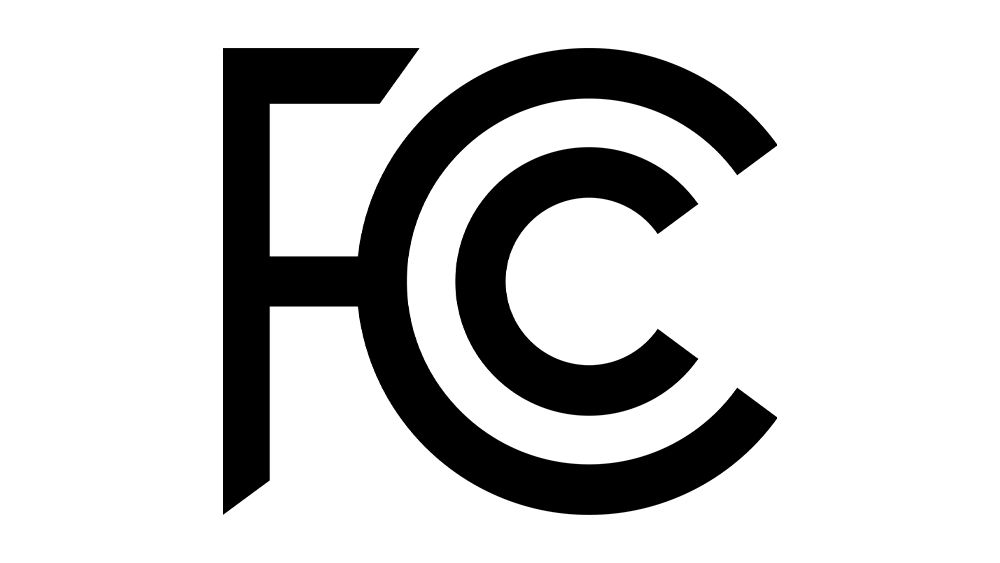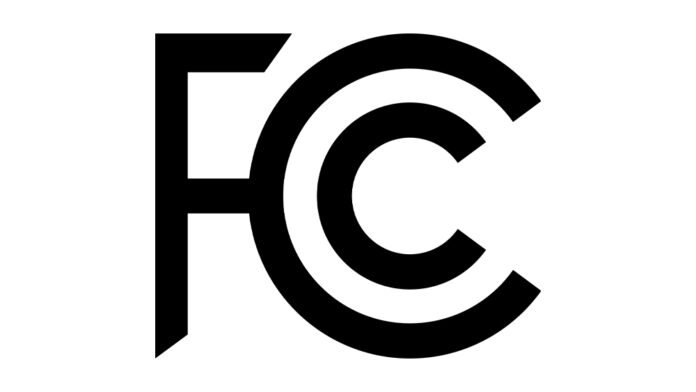## Trump’s Media Wars Escalate: Olivia Trusty in the FCC Crosshairs
The fight for control of the airwaves is heating up, and this time, it’s personal. Donald Trump has thrown his hat back into the ring, this time aiming for a key regulatory body: the Federal Communications Commission (FCC). His latest target? Olivia Trusty, a seasoned lawyer who has been a vocal defender of conservative media voices.

Donald Trump’s FCC Nomination: Olivia Trusty Takes the Stage
The Nomination Announcement
Donald Trump has thrown his hat into the ring for the future of the Federal Communications Commission (FCC) by announcing his intention to nominate Olivia Trusty to fill the crucial fifth seat on the agency. The move comes as Chairwoman Jessica Rosenworcel, appointed by President Joe Biden, prepares to step down, leaving the FCC in a precarious 2-2 split between Democrats and Republicans. This nomination holds significant implications for the FCC’s policy agenda, potentially tilting the balance towards a Republican-dominated commission and reshaping the regulatory landscape for the internet and telecommunications industries.
Trump’s announcement on Truth Social touted Trusty’s commitment to “cut regulations at a record pace, protect Free Speech, and ensure every American has access to affordable and fast Internet.” He also highlighted Trusty’s experience and her impending collaboration with Brendan Carr, whom Trump has already appointed as Chairman of the FCC.
A New Era for the FCC: Trump’s Vision
Trump’s statement underscores his intention to inject a pro-business and deregulatory approach into the FCC. His past rhetoric and policy stances suggest a focus on reducing bureaucratic burdens on telecommunications companies and fostering a more permissive environment for free speech online. This vision stands in stark contrast to the Biden administration’s approach, which emphasized net neutrality and broader consumer protections within the digital realm.
The Impact of Jessica Rosenworcel’s Departure
Rosenworcel’s departure, coinciding with Trump’s nomination, holds significant implications for the FCC’s decision-making process. With a 2-2 split, the commission will be deadlocked on major policy issues, potentially leading to gridlock and a lack of decisive action. This stalemate could further exacerbate existing tensions between Democrats and Republicans on issues such as net neutrality, media ownership, and broadband access.
The FCC’s inability to reach consensus could have far-reaching consequences for consumers, businesses, and the overall health of the digital economy. Stalled regulatory actions could hinder innovation, stifle competition, and leave consumers vulnerable to unfair practices.
Olivia Trusty’s Candidacy: Analysis and Prospects
Policy Expertise and Public Service
Olivia Trusty, currently serving as policy director on the Senate Commerce Committee, brings a wealth of experience to the table. Her background in policy analysis and public service aligns closely with the demands of the FCC Commissioner role. Trusty’s understanding of the legislative process and her deep familiarity with telecommunications policy issues could prove invaluable as she navigates the complex world of regulatory decision-making.
Industry Support and Reaction
USTelecom, the leading industry association representing telecommunications companies, has thrown its weight behind Trusty’s nomination. Jonathan Spalter, USTelecom’s president and CEO, praised Trusty’s “principled and deeply knowledgeable” approach to policymaking. This endorsement from a powerful industry group suggests that Trusty enjoys widespread support within the telecommunications sector.
Challenges and Controversies Ahead
Despite industry support, Trusty’s nomination is likely to face scrutiny and potential opposition from Democrats who may see her as a partisan appointee aligned with Trump’s deregulatory agenda. The Senate confirmation process, which traditionally involves intensive vetting and public hearings, will provide a platform for both supporters and detractors to voice their opinions and scrutinize Trusty’s qualifications and policy stances.
The Road to Confirmation: What’s Next
The Confirmation Process
The FCC confirmation process typically involves several stages. First, the nominee’s credentials and experience are reviewed by the Senate Commerce Committee. This often includes a public hearing where the nominee testifies before the committee and answers questions from senators. If the committee approves the nomination, it is sent to the full Senate for a vote. A simple majority vote is required for confirmation.
Given the current political climate and the potential for partisan gridlock, Trusty’s confirmation process could be lengthy and contentious. Democrats may seek to delay or even block the nomination, while Republicans will likely push for a swift confirmation.
Implications for the FCC’s Future
Trusty’s confirmation could significantly alter the FCC’s policy landscape. A Republican-majority FCC is likely to prioritize deregulation, potentially rolling back net neutrality rules and loosening restrictions on media ownership. This shift could have profound implications for consumers, businesses, and the future of the internet.
What’s at Stake for Americans
The outcome of Trusty’s nomination will have a direct impact on Americans’ access to affordable internet, their online privacy, and their freedom of expression. A Republican-led FCC could lead to increased competition in the broadband market, but it could also result in less robust consumer protections and a more fragmented online landscape.
The fate of net neutrality, a principle that ensures equal access to online content and services, hangs in the balance. A Republican-majority FCC is likely to weaken or even eliminate net neutrality rules, potentially giving internet service providers more control over what users can access and how they access it.
Conclusion
In conclusion, the recent announcement by Donald Trump that he will nominate Olivia Trusty to serve on the Federal Communications Commission (FCC) has sent shockwaves through the media and political circles. As discussed in this article, the nomination has sparked controversy and raised concerns about the potential impact on the FCC’s regulatory role and the future of media and telecommunications in the United States.
The significance of this nomination cannot be overstated. The FCC plays a crucial role in shaping the country’s communication landscape, and its decisions have far-reaching consequences for consumers, businesses, and the broader economy. Trusty’s nomination, if confirmed, would bring a new perspective to the commission, and her background in the tech industry could potentially influence the FCC’s approach to issues such as net neutrality and media consolidation.

